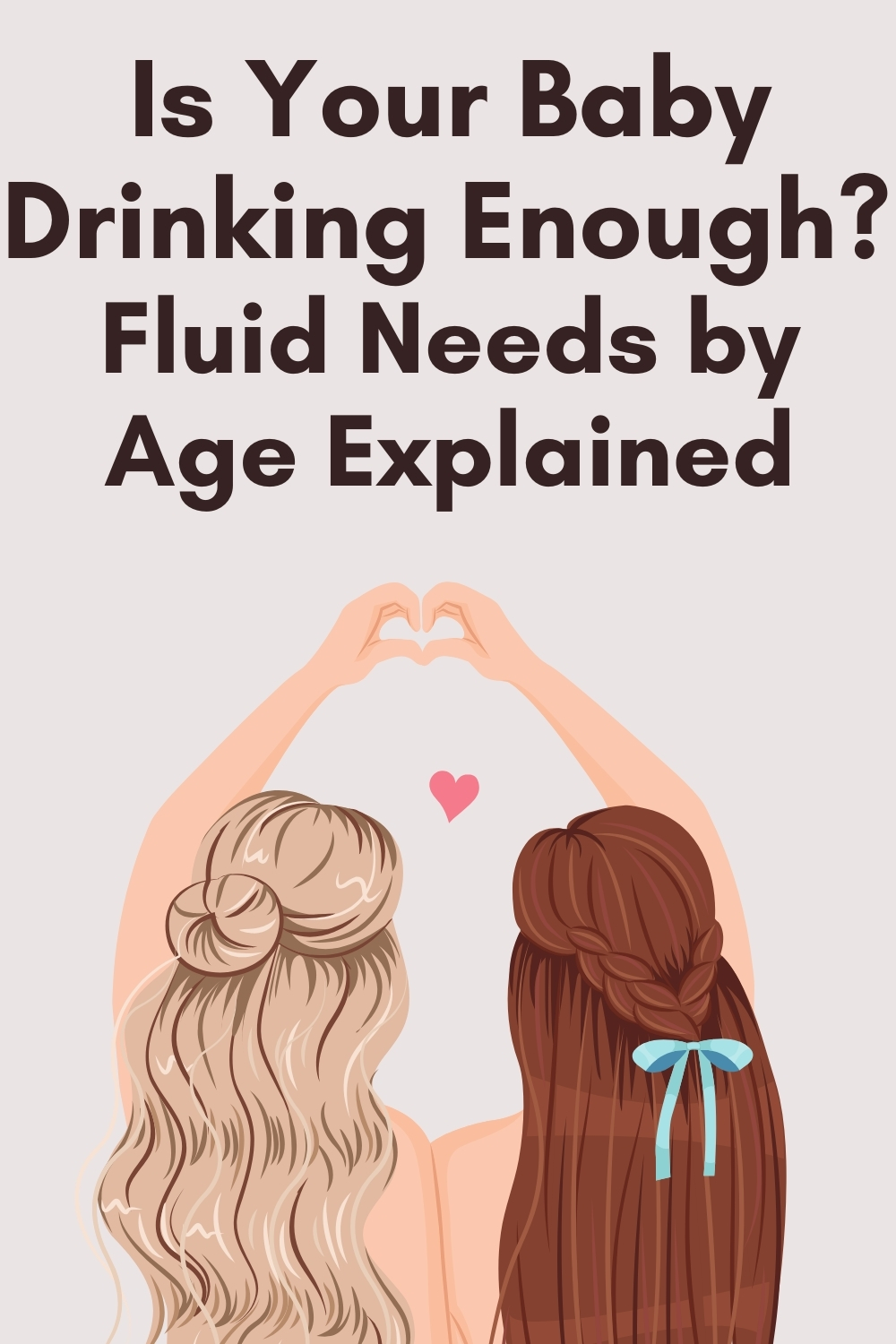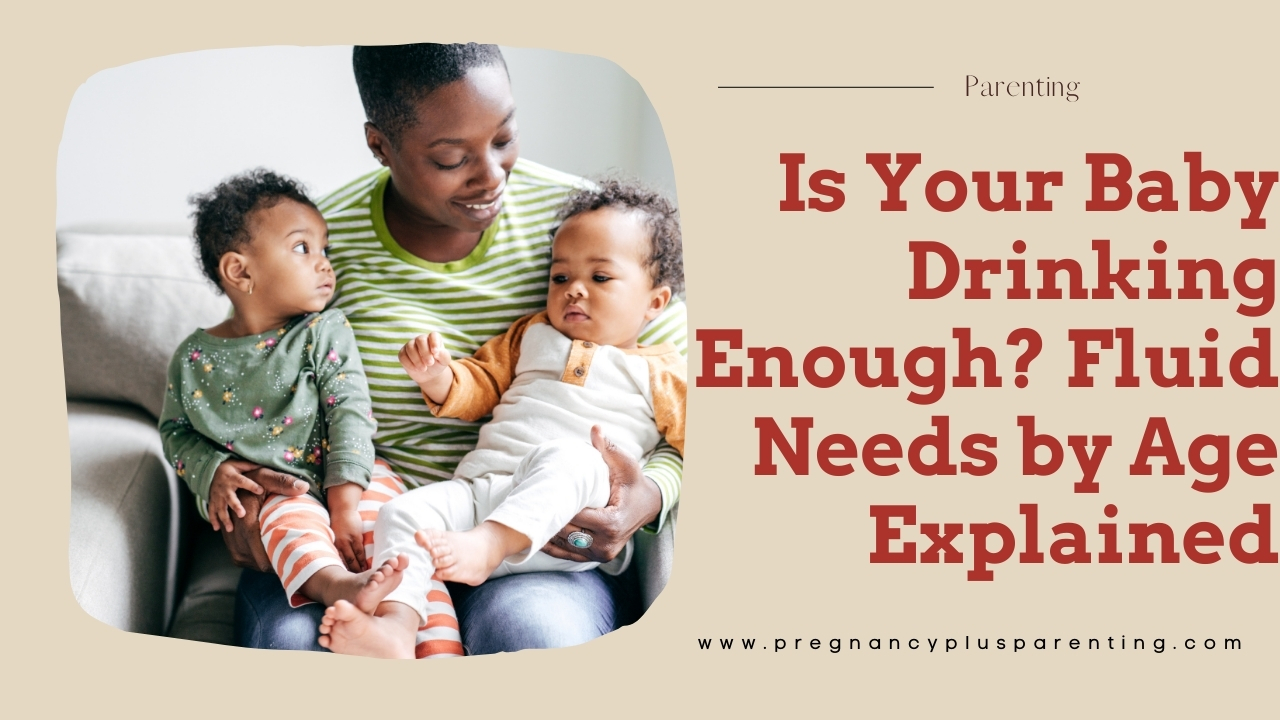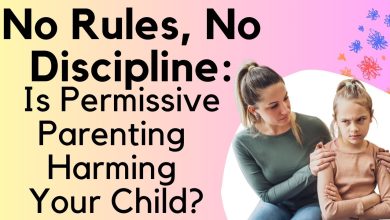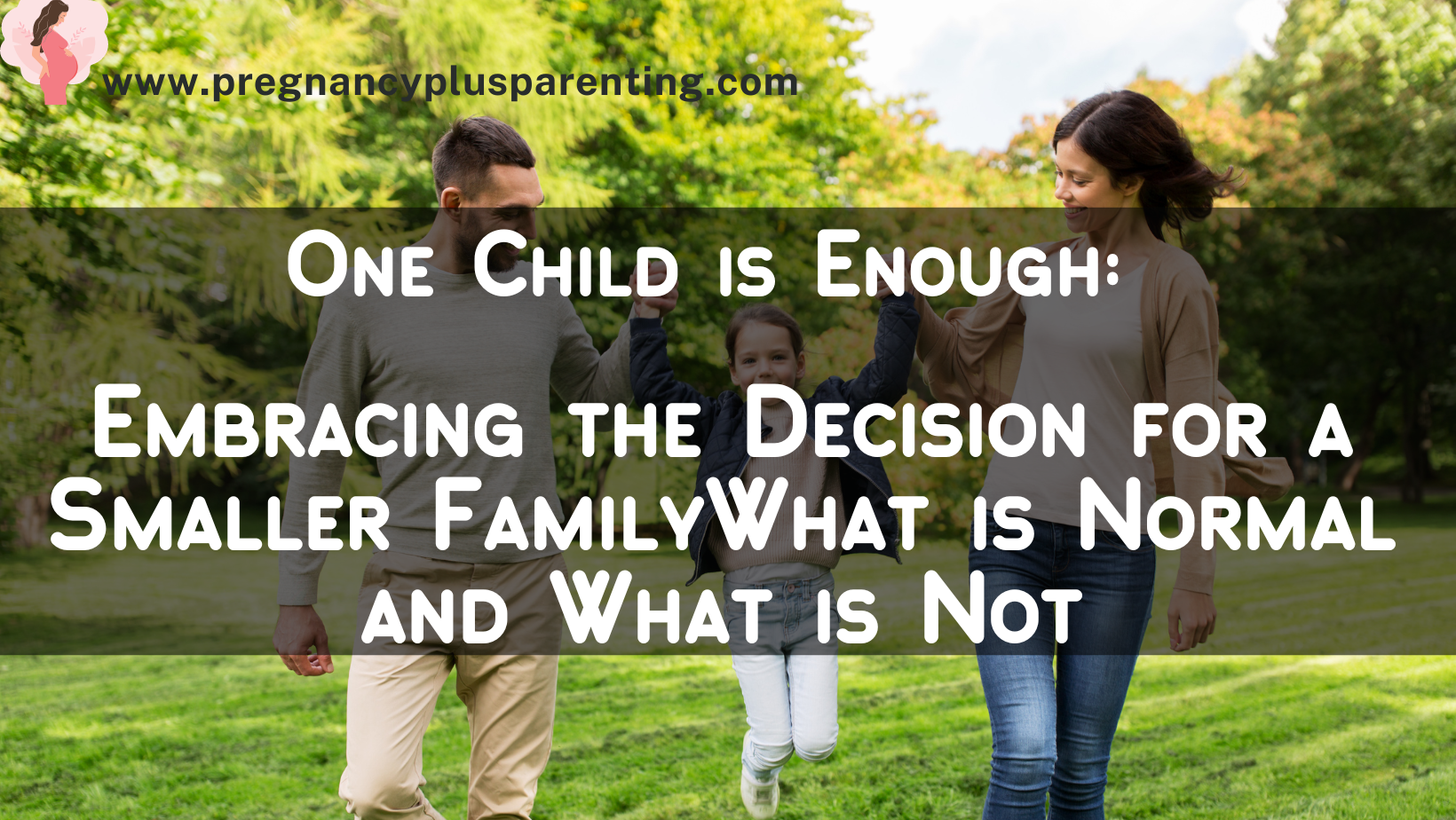Is Your Baby Drinking Enough? Fluid Needs by Age Explained
You’ve finally arrived home and feel relieved and comfortable in your own home. Mother, child, and the rest of the family can now finally adjust to their new life and build a future together.
But most parents have many questions during the first few nights at home. Why is the baby crying so much? Is it hungry? Is it too cold or too warm? Perhaps it has a tummy ache?
The reasons why a baby cries and gives us various signals vary. However, the biggest concern for many new parents is whether their child is getting enough food.
This is why many parents often reach for a bottle or breastfeed again, even when it’s not necessary. Of course, this will calm the child in the short term, as they enjoy the sucking reflex. However, within a few minutes, burping or vomiting may occur.
Therefore, many mothers ask themselves: How much milk is too much? How much is too little?
The right amount of milk for your baby
When we talk about how much a baby should drink, we all know that a two-day-old baby will consume significantly less than a three-month-old. But how much, exactly?
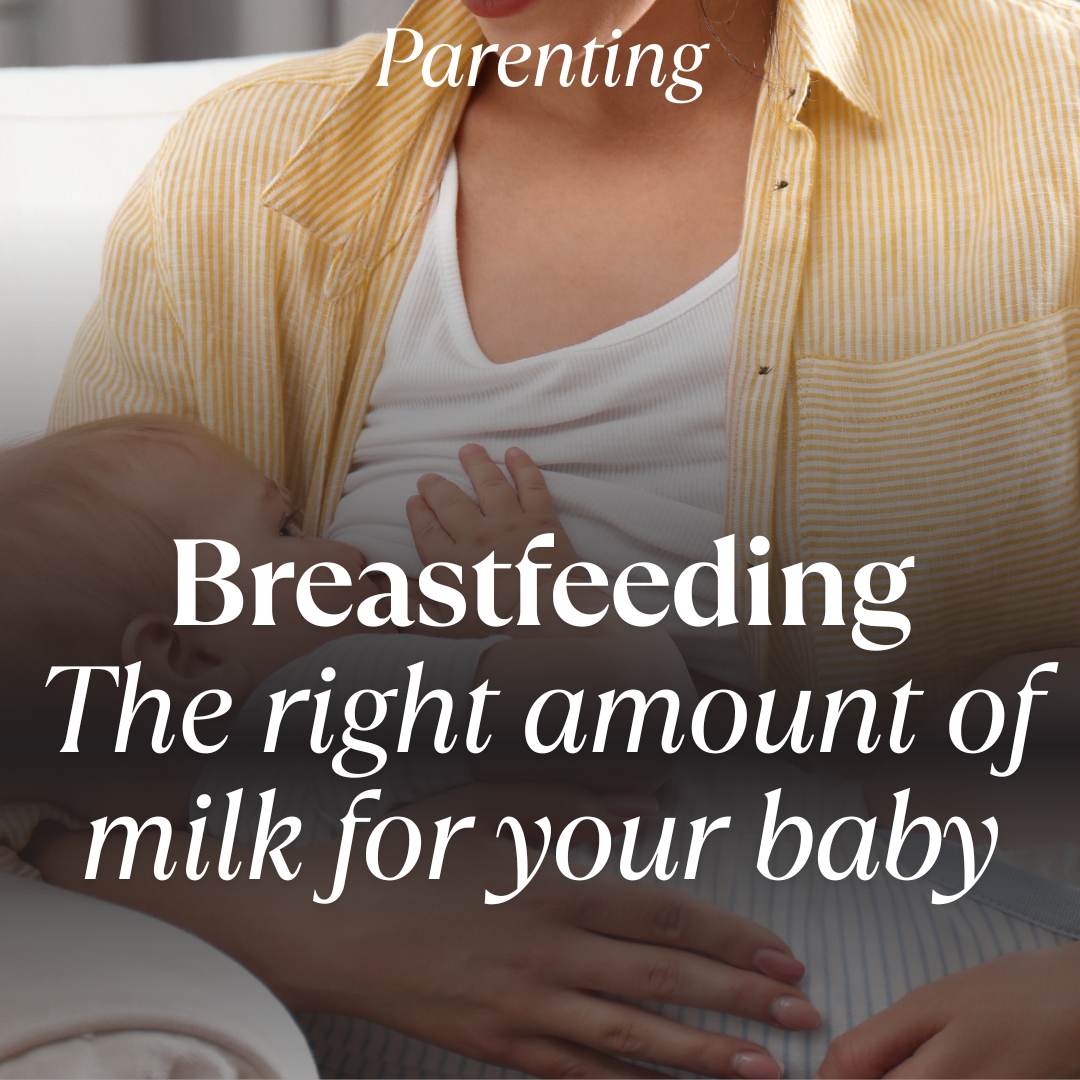
Many mothers struggle, especially in the first few days, with how much and when to give their baby. A breastfeeding mother will always wonder if her baby has drunk enough, since she can’t see the amount. A bottle-feeding mother, on the other hand, will often wonder if that’s not enough.
Medical science agrees that breastfeeding mothers produce more milk every day, while bottle-feeding mothers will increase their milk supply.
Therefore, I would discuss this topic separately for breastfeeding mothers and bottle-fed babies. But also for mothers who combine breastfeeding and bottle-feeding.
How many bottles a day does your baby need
Especially in the first few days, a simple formula helps calculate the amount: the baby’s age in days times 10. Whether it’s 5 ml less or more depends entirely on your child.
Here’s an example: On the first day of life, your baby only drank 2–20 ml in the hospital. Don’t expect them to have enough strength to drink more, even if it seems far too little to you. On the second day, you can calculate the amount like this:
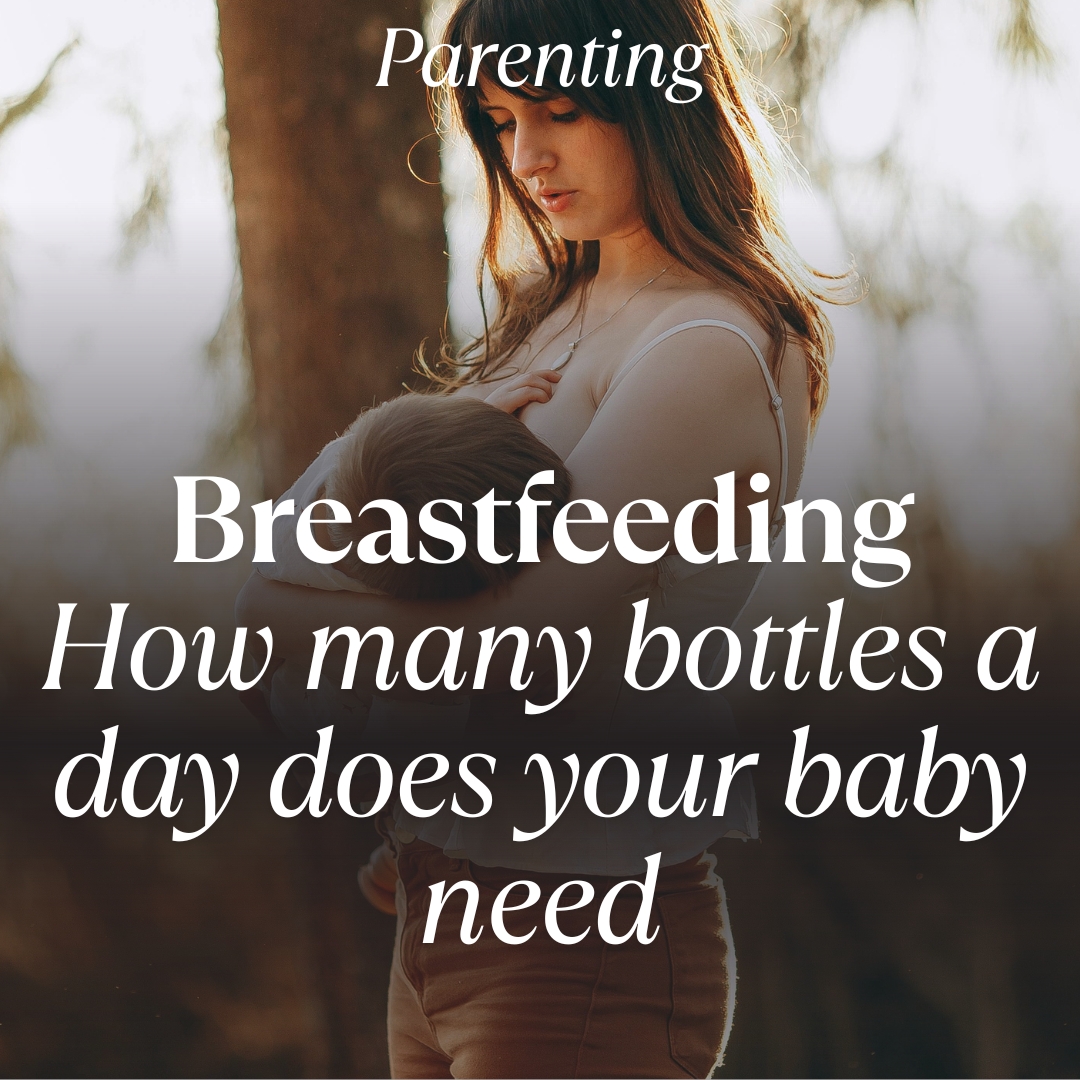
2 × 10 = 20 ml. Depending on the baby’s needs and desire, the range is between 10 and 30 ml per feeding. A minimum should, of course, be met, but it doesn’t need to be much more.
Here is an overview of the first 10 days of life with the amount of liquid per meal:
You should offer the bottle every 2-3 hours. If you follow this chart, your baby has at least 6-8 wet diapers per day, and is gaining weight, then you have no reason to worry. Many worried parents are unsettled by their baby’s crying.
However, don’t forget that your baby also needs to get used to the big, colorful, and, above all, noisy world around them. The sucking reflex isn’t just for drinking, it’s also a method of calming down.
Enjoy this time getting to know your baby. In the first few days and weeks, closeness and physical contact are extremely important for your baby.
But what happens with the amount of fluid you drink after the first 10 days?
The amount of fluid to drink after the first 10 days:
Here, too, math comes in handy. From now on, the baby should drink about one-sixth of its own body weight. For example, if your baby weighs 3.7 kg, it needs about 616 ml per day. This amount is, of course, divided into several bottles.
Weight : 6 = X, where X is the daily requirement.
Here again at a glance:
How much breast milk your baby needs per day
Breastfeeding is a tough job, there’s no doubt about it! Between things like vasospasm and uncomfortable milk blisters, the romance can quickly fade. And even though this process is filled with so much love and dedication, that doesn’t mean it can’t be stressful and exhausting. Especially when you’re unsure whether the baby is full or not.
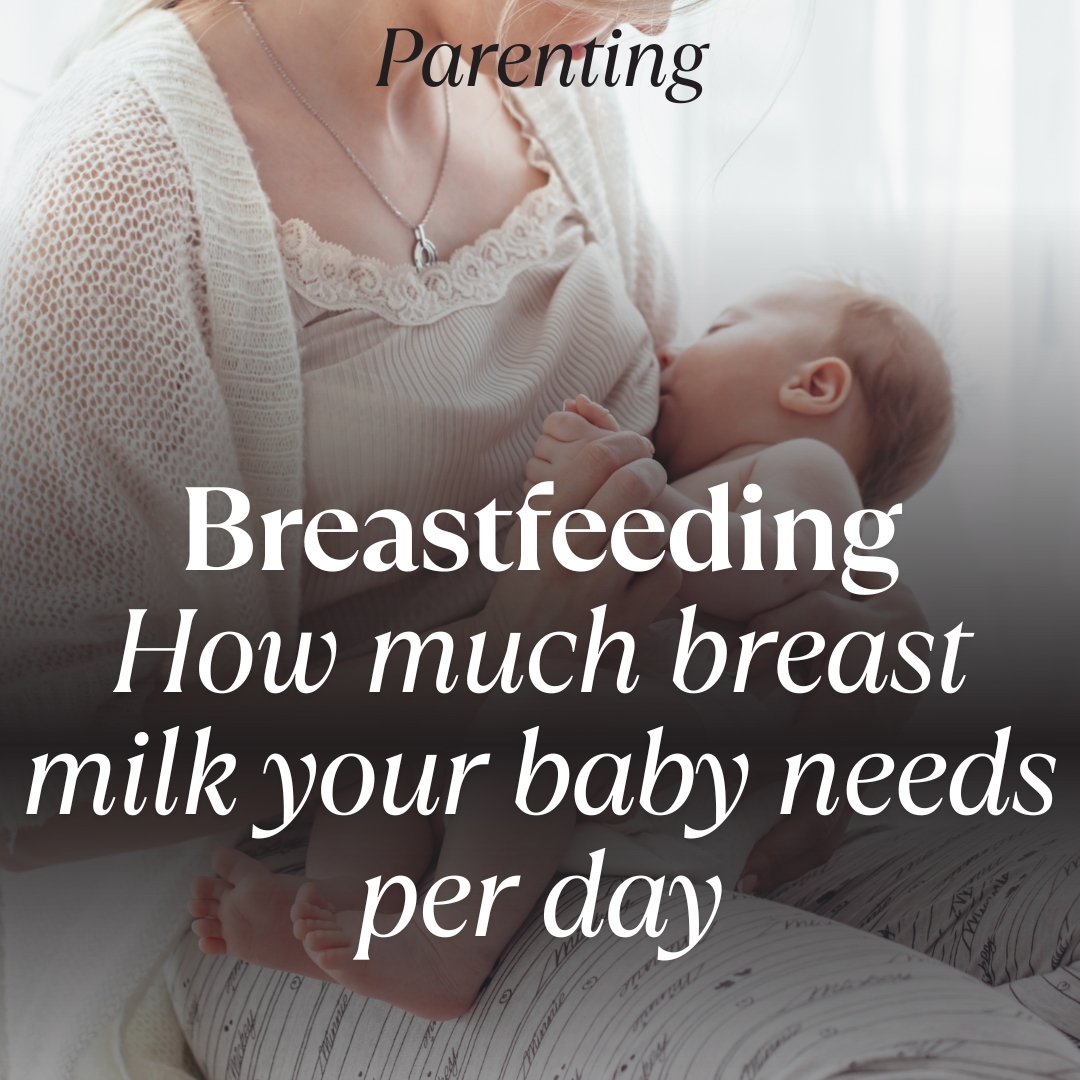
The reason for this is that you can’t see or measure the exact amount of milk the baby has consumed. If the baby is also a bit restless and fussy, many mothers doubt their own milk supply.
But is there really a reason for this?
Just like with bottle feeding, sometimes your baby will drink more, sometimes less. Sometimes, dear mom, he will seek the breast because he wants to be close to you and feel, smell, and touch you.
But how do you know how often and how much you should offer the breast when breastfeeding?
Here are three important pointers for you:
- Don’t put pressure on yourself
Your restlessness and anxiety will not only make breastfeeding more difficult for you, but your baby will also sense that something is wrong. Even on the day of birth, you’ve already done something great for your little one with your first attempts at breastfeeding. Are you aware of this?
The first sips from mom’s breast contain colostrum. Studies show that this provides a major immune boost for the child, which will continue to have a significant impact later in childhood.
To be more specific, I quote part of this study: The immune system is not yet fully developed in human newborns and infants; breastfeeding is important during this period because the bioactive components of human breast milk are known to have antimicrobial, anti-inflammatory, and immunomodulatory effects and may thus contribute to the infant’s immunity against allergies, asthma, autoimmune diseases, and inflammatory bowel diseases.
I hope this information only strengthens your decision to breastfeed.
Offer your baby your breast every 2-3 hours, unless they give signs of hunger earlier. This means your newborn should breastfeed 8-12 times a day. Make sure you use the correct breastfeeding position.
If your baby falls asleep quickly while breastfeeding (like my little one), you can gently stroke his cheek or pull the breast slightly away from his mouth. This will reactivate the sucking reflex.
It’s also important to note that every suck on the nipple is a signal to stimulate milk production, so take the time you and your baby need.
- Drinking time and quantity may vary
I can still vividly remember how, as a newborn, my child was either only at the breast for 15 minutes or how the whole thing dragged on for over 45 minutes. But I wasn’t in a rush back then. And you shouldn’t be either.
The amount and duration of feeding may vary from one feeding to the next. And that’s completely normal.
I recently read a very interesting study on this very topic, which related to both the fat content of breast milk and the baby’s weight gain. I’d like to share the conclusion with you:
Breastfed infants should be encouraged to breastfeed day and night on demand, rather than adhering to an average that may not be appropriate for the mother-infant dyad.
There’s no magic formula for this issue. It’s just important that you make the decision to breastfeed.
I know how difficult it can be. You often feel alone, exhausted, and insecure. Dad can’t step in. But if you stick with those first few weeks, you two will develop your own rhythm and your own ritual. It will be worth it!
I promise!
- Diaper and weight as a benchmark
If you’re thinking at this point: Yes, that’s all well and good, but how do I know if my baby has had enough?, then let’s get to the hard facts.
And no one delivers this better than wet diapers and the scale.
A well-fed baby will have about 6-8 wet diapers per day. For newborns, this number is somewhat lower (around 3-5), but after the first 10 days, this should be the norm.
It’s important to remember, however, that babies may have to wait 4–10 days for a diaper change. However, as long as the baby continues to urinate, there’s no cause for concern. Scientists agree on this .
It is also important to know that green stools are not necessarily a cause for panic.
Steady weight gain should also be observed. This can easily be monitored by your midwife. Weight gain should be between 140 and 220 g per week for the first six months.
And what helps mothers who both breastfeed and bottle feed?
This is how much your baby needs to drink when mixed feeding
The reasons why a mother chooses to breastfeed and bottle-feed her baby can vary. Sometimes milk production is weakened for some reason, or the mother has to interrupt breastfeeding to undergo therapy. It may also happen that the baby is too weak to suckle.
All of these circumstances not only cause a new mother to worry, but also raise an important question: Has my baby drunk enough?
Here, too, it’s important not to rush into anything. I’d like to take this moment to emphasize that breastfeeding is always the best option, especially in the first six months. To avoid repeating myself, I’ve already mentioned the many positive effects.
That’s why it’s worth fighting for every drop of breast milk. However, this doesn’t mean that mothers who choose bottle feeding love their children any less or don’t want them to nourish well. Nevertheless, combining breastfeeding and bottle feeding requires a certain learning curve.
However, if you now have doubts as to whether your baby is sufficiently fed, follow these steps:
- Always offer the breast first
To get milk production up to speed, your baby also needs to suckle at your breast. One cannot happen without the other.
The following applies here: demand determines supply.
In my experience, I’ve seen several times that babies often refuse the breast after a bottle. One of the main reasons for this is that it’s more difficult to suckle from mom’s breast than from a bottle.
The milk flows faster and the baby can satisfy its hunger more quickly.
- Pumping as option two
Are you still feeling uneasy after breastfeeding and want to give your baby more fluids? Expressing milk is a great alternative. You can offer this expressed milk to your baby later.
Studies show that expressed milk can be stored at room temperature for up to 4 hours, in the refrigerator for up to 5 days, and in the freezer for up to 12 months.
- Careful with the amount
Once your baby has been breastfed and you’re ready to offer PRE formula, you should be careful with the amount. The previous formula is no longer valid, as your little one has already consumed a certain amount.
It’s better to offer a small amount to prevent vomiting. Remember that these tummies are still very small and can’t handle larger amounts of food.
Once you’ve actually gotten through the first six months, you can also offer your baby other foods. You’ll see how much they’ll drink.
This is how much your baby should drink in addition to complementary food
During the first 6 months, there’s rarely a need to give your baby water. They’ll get enough fluids from breast milk or formula.
Introducing water or juices too early can cause certain damage to the baby’s intestinal flora. Another problem is that the baby’s tummy can become filled with water, causing the baby to drink less milk.
From the 6th month, the baby can be offered water, either boiled tap water or store-bought still water. In addition to complementary foods, approximately 200 ml should be offered.
For older babies, the amount increases to 600–700 ml. From the first year onwards, about 800 ml of water should be consumed per day.
But how can you tell if a baby has had enough fluids?
3 signs that your baby is drinking enough
Again, it’s important to note that your baby’s behavior can tell us a lot about what they need and how they’re feeling. If your baby is adequately hydrated and full, you’ll notice the following:
1. Your baby has enough wet diapers
Newborns should have about 3–4 wet diapers. After the first 2 weeks, you can expect 6–8 wet diapers.
At this point, I’d like to emphasize again that this should be urine. However, bowel movements may take four to ten days.
If the baby shows signs of discomfort, pain, or does not have a bowel movement after 10 days, you should contact your pediatrician.
2. Your baby has a beautiful rosy color
Let’s start with ourselves. When we are hungry, we not only show signs of tiredness and listlessness, but we are often also irritable, pale, or suffer from nausea and even dizziness.
Hungry babies also show signs of discomfort. Their skin may appear pale, and they will most likely be very sleepy. Let’s not forget crying and loud screaming.
3. Your baby is gaining weight
Although we may have doubts about whether the baby is truly full, one glance at the scale is enough. The increasing weight should lift all the worries and stress off your shoulders for the moment.
A hungry baby cannot gain weight.
But which baby signals should you be wary of?
3 signs that your baby isn’t drinking enough
Just as there are reassuring signs that tell us everything is okay, there are also some that we should be especially careful about. If you notice the following signs in your baby, there’s no reason to panic.
You’re doing everything right. You’re looking for solutions. You should now see your pediatrician and ask about alternative ways to give your baby more fluids. This way, your problem of not drinking at all or not drinking enough will be a thing of the past in a few days.
1. The baby’s mouth is dry
A dry mouth and dry oral mucosa are signs that your baby needs more food. We adults also experience dry mouths when we’re thirsty or hungry.
This signals that fluid intake has been compromised and it’s time for a feed. For your baby, this means that the breast or bottle should be offered more often and in larger amounts.
2. A sunken fontanelle
If the fontanelle on your baby’s head is sunken, this is a clear sign of dehydration. Studies have shown that a sunken fontanelle always indicates dehydration and malnutrition.
In this case, please contact your pediatrician immediately.
3. The baby doesn’t cry tears
A loud scream and lots of crying sounds, but you don’t notice any tears? The absence of tears can also be a sign of dehydration.
If your baby cries without shedding tears, it is also advisable to contact your pediatrician.
Final thoughts
Nobody said being a mom and dad was easy. One of the most common questions and fears of many new parents is: Is my baby even full?
The thought that their baby is hungry or hasn’t been fed enough is actually the nightmare of many parents. Parents only want the best for their child, just as they are.
If you are currently thinking about this, I hope that my article has at least given you an overview of what and how much is important for your baby when it comes to drinking.
